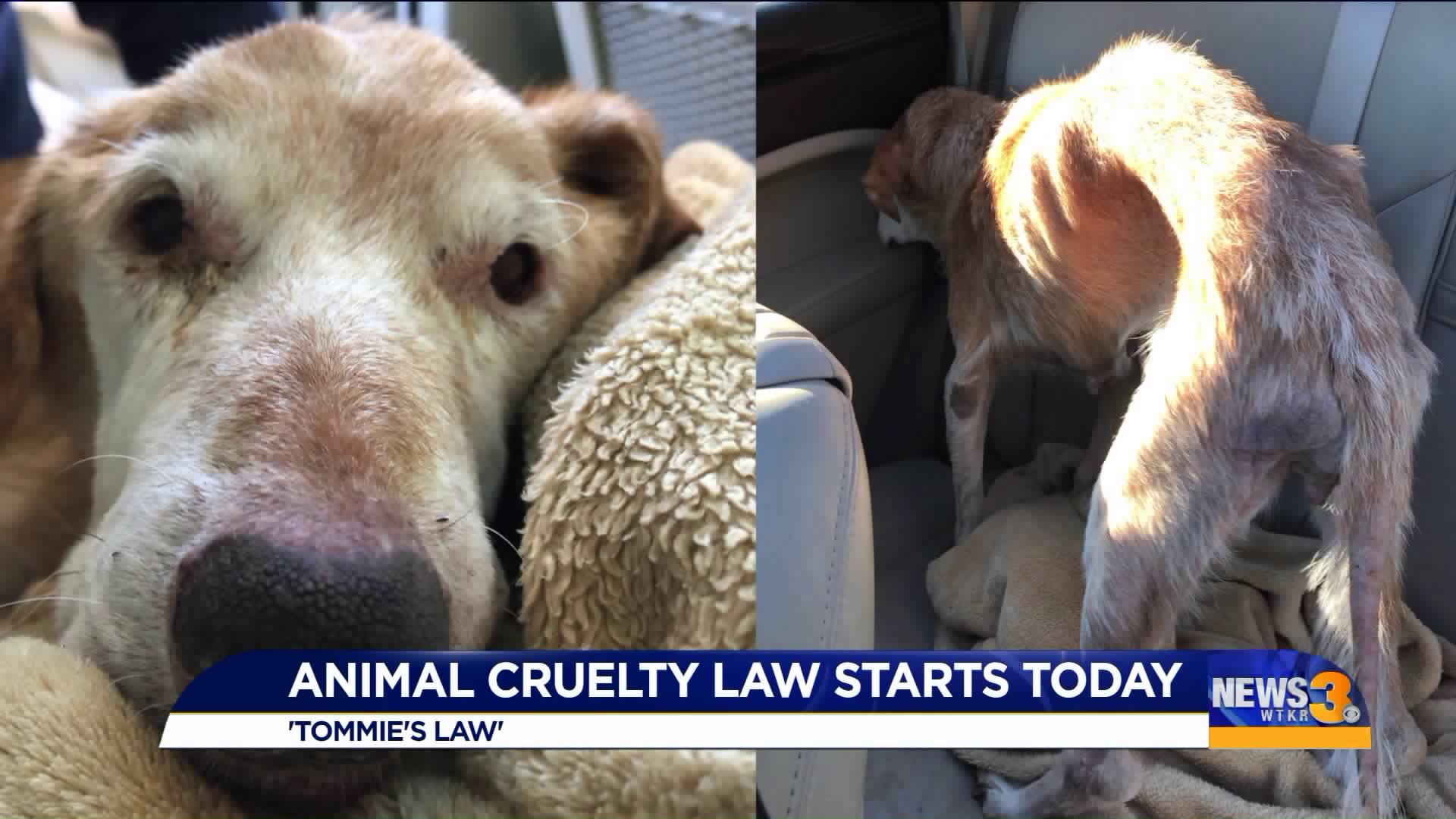In a world rife with beauty, the bond between humans and animals resembles a delicate tapestry, woven from trust, companionship, and mutual affection. However, unrestrained cruelty threatens to unravel this intricate creation, transforming it into a shadowy reflection of society’s moral fabric. Understanding the legal ramifications of animal cruelty, particularly aggravated animal cruelty, is essential for anyone wishing to defend this fragile bond. Each state implements its own laws, creating a mosaic of legal standards that one must navigate with vigilance.
Aggravated animal cruelty typically refers to actions that are more severe than standard animal cruelty, involving malicious intent or extreme negligence. The severity of the act often correlates with the penalties imposed. In many jurisdictions, these acts escalate from a misdemeanor to a felony, thus inviting stricter sentences and stiffer penalties. But the question remains: Is aggravated animal cruelty classified as a felony in your state? The answer varies significantly across the United States.
The legal landscape surrounding aggravated animal cruelty is complex and multifaceted. To understand whether such actions fall under felony statutes, one must first delve into the legal definitions provided in their respective state laws. Often, such definitions include acts of abuse, torture, or extreme neglect that results in significant harm or suffering to an animal. For instance, some states define aggravated cruelty as the willful infliction of pain or suffering upon an animal, especially if it results in death or severe injury.
In states like New York, aggravated cruelty is classified as a felony. Here, the law explicitly addresses instances of torture, complicating matters and underscoring a societal commitment to safeguarding animal welfare. Violators face potential imprisonment and fines, creating a considerable deterrent against such heinous acts. On the other hand, states such as South Dakota classify animal cruelty differently, often restricting the definition and resulting in lesser penalties. This patchwork of laws highlights how crucial it is for citizens to familiarize themselves with the regulations governing their state.
Transitioning into the realm of punitive measures, the consequences for committing aggravated animal cruelty can be severe, but they vary widely. In some states, a conviction may result in felony charges that carry years of imprisonment. Additionally, in jurisdictions that impose civil penalties, offenders might be required to pay significant fines or restitution to animal welfare organizations. These punitive measures serve as a warning— a reminder that cruelty, in any form, is socially and legally unacceptable.
Conversely, leniency exists in some states, where aggravated animal cruelty may not be treated as a felony at all. Here, the justice system may impose lesser charges of mishandling or negligence, culminating in misdemeanors that leave perpetrators with minimal consequences. This dissonance raises critical questions about societal values— how can one state see animal cruelty as an egregious crime while another dismisses it as a mere oversight? This variance invites a robust discourse on the need for national standards surrounding animal rights and protection.
Moreover, public awareness and advocacy play a significant role in shaping these laws. The tides of legislation often ebb and flow with the currents of societal values. Grassroots movements and animal rights organizations work tirelessly to influence lawmakers, underscoring the importance of recognizing animals as sentient beings deserving of protection. The more citizens advocate for stringent penalties against aggravated animal cruelty, the closer states can come to achieving a cohesive legal framework that champions animal welfare above all else.
It is worth noting the influence of animal advocates who pen legislation, pushing for reform while educating citizens on the intricacies of the law. These advocates act as bridge-builders between abstract legal codes and the practical implications for animals and society at large. They illuminate stories of cruelty and resilience, creating emotional resonance that compels lawmakers to act. As public sentiment evolves, so too does the legislation, weaving compassion into the legal system.
To navigate this complex legal tapestry, individuals must arm themselves with knowledge of their state laws. Resources abound to assist concerned citizens in understanding the specifics: online databases, local animal welfare organizations, and state legal codes serve as vital guides. Understanding the nuances of local statutes will empower individuals not only to protect vulnerable animals within their communities but also to advocate for legislative changes that reflect society’s collective moral compass.
Awareness begets action. By familiarizing oneself with the legal stigmas surrounding aggravated animal cruelty, individuals become catalysts for change. They awaken the dormant conscience within a community, urging a collective consciousness and commitment to wildlife protection. As society moves toward greater compassion and empathy, the likelihood of changes to these laws increases, fostering an environment where cruelty has no place.
In conclusion, the question of whether aggravated animal cruelty constitutes a felony in one’s state is intricately tied to local legislation, societal values, and the ongoing dialogue surrounding animal rights. The path to understanding this legal landscape is paved with the commitment to educate oneself and advocate for change. Only through a collective effort can we ensure that the beautiful tapestry of human-animal relationships remains vibrant, unbroken, and intact, showcasing the best of mankind rather than the worst.








